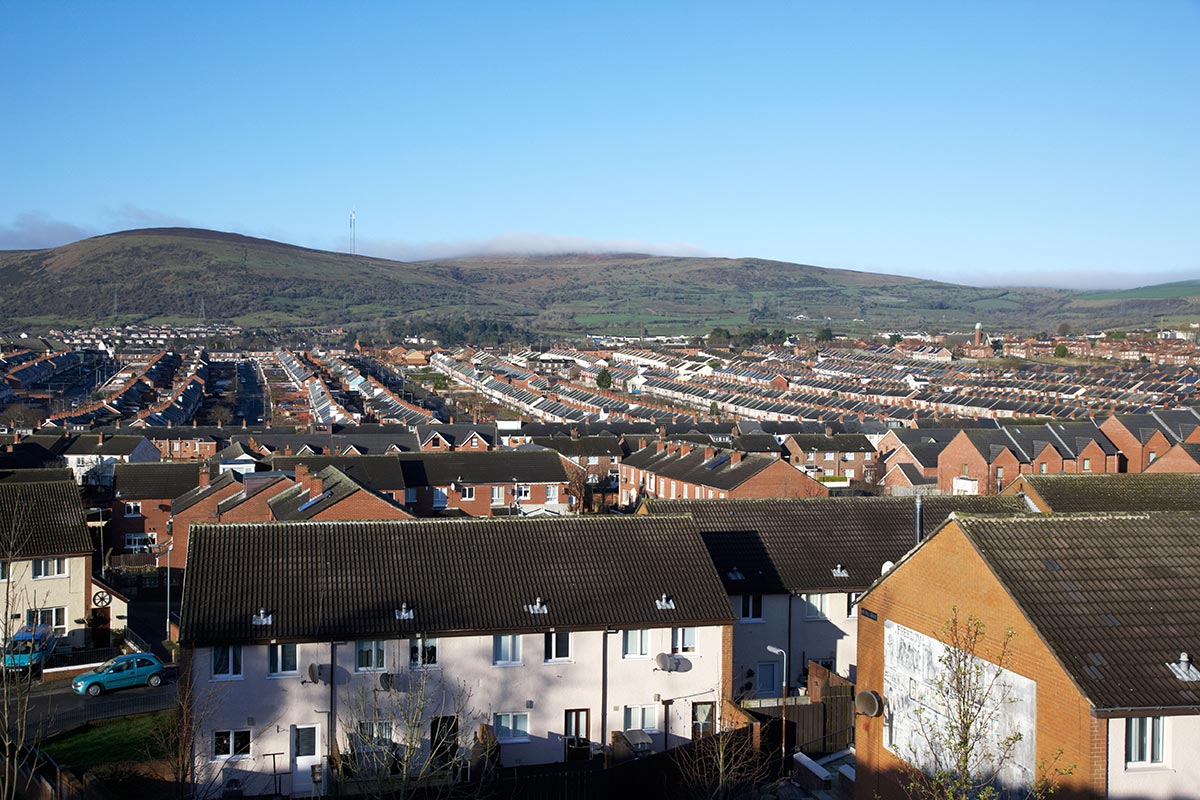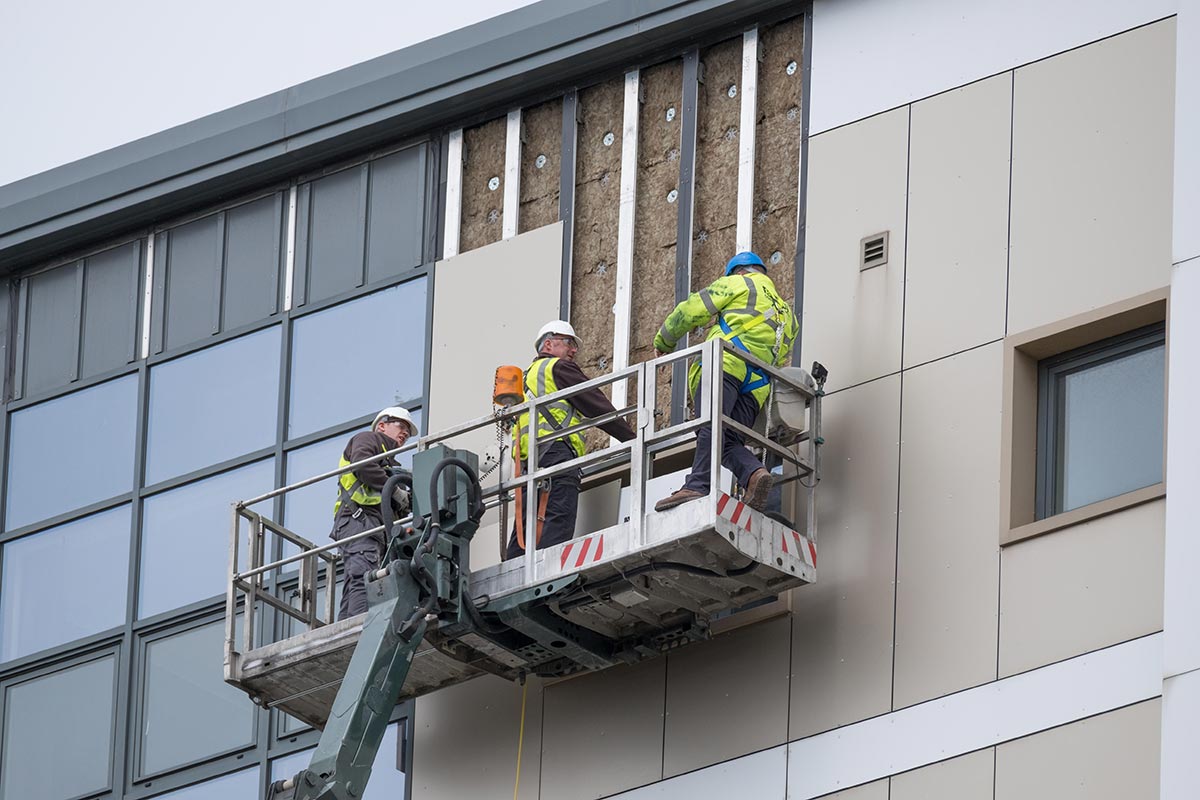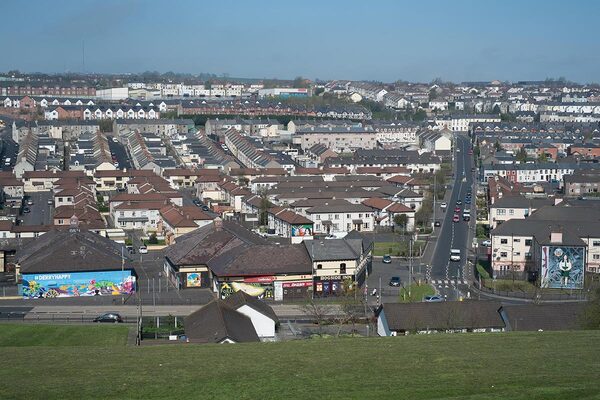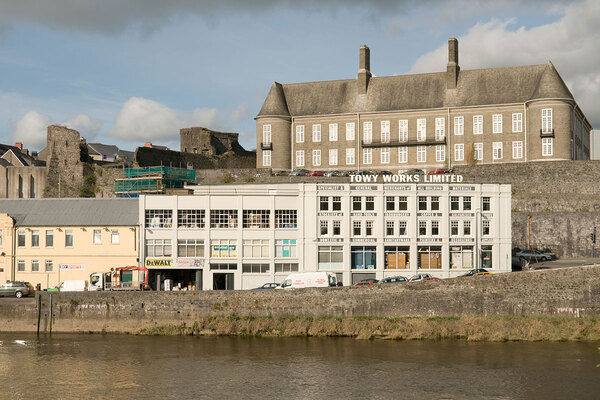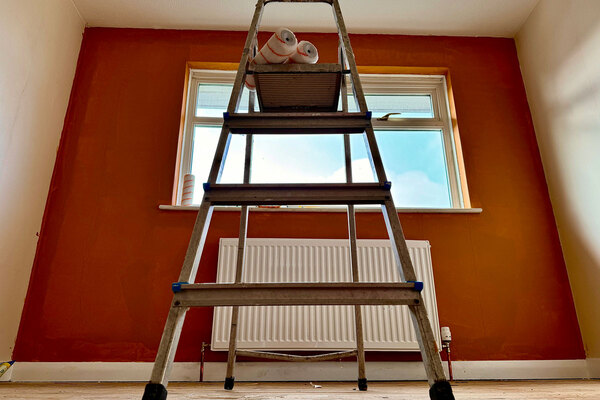You are viewing 1 of your 1 free articles
Northern Ireland homelessness figures ‘going in the wrong direction’
A body representing Northern Ireland’s homelessness sector has voiced concern after the latest government figures showed a rise in homelessness, and warned that the political stalemate is having “very real consequences”.
The latest government figures showed that 4,176 households presented as homeless to the Northern Ireland Housing Executive from April to June this year, an increase of 1.6% on the same quarter in 2022.
There were 45,292 households on the social housing waiting list, up from 44,229 in the same period last year.
Of these applicants, 73% (33,130) were experiencing “housing stress”, up from 31,663 in June 2022.
According to Homeless Connect, which represents Northern Ireland’s homelessness sector, the vast majority of households in housing stress have homelessness status, equating to 26,745 households in June 2023.
In March 2013, the equivalent figure stood at 12,431, so the number of households with homelessness status has increased by 115% over that time, the body said.
The local government districts with the highest number of social housing applicants were Belfast (12,105) and Derry City and Strabane (5,803).
Nicola McCrudden, chief executive of Homeless Connect, said: “The housing and homelessness figures continue to head in the wrong direction. Over the last decade, the number of households experiencing housing stress and homelessness has kept rising.
“Put simply, there isn’t enough affordable social housing to meet need and the problem with supply is ongoing.”
The Northern Ireland Assembly, which sits at Stormont, effectively collapsed in February last year after the Democratic Unionist Party walked out of the power-sharing executive in protest against a Brexit deal which introduced new checks and restrictions on goods moving from Great Britain to Northern Ireland.
Ms McCrudden added: “The continuing stasis around governance here is having very real consequences. The inability to implement vital long-term plans, such as the housing supply strategy and to fully fund the homelessness strategy, are contributing to a deepening crisis.
“Ultimately, there is a human cost, as thousands of families and individuals are struggling to make ends meet and to keep a roof over their heads.”
The latest figures also showed that, during the period, housing associations and the government allocated 5,589 homes to applicants who did not already have a social tenancy, as well as 2,362 homes to tenants who had applied for a transfer from an existing tenancy.
Thirty-two homes were started using funding from the Social Housing Development Programme (SHDP) during the period, up from two in the same period last year, while 207 SHDP homes were completed, up from 105 in the same period last year.
Sign up for our Northern Ireland bulletin
Already have an account? Click here to manage your newsletters
